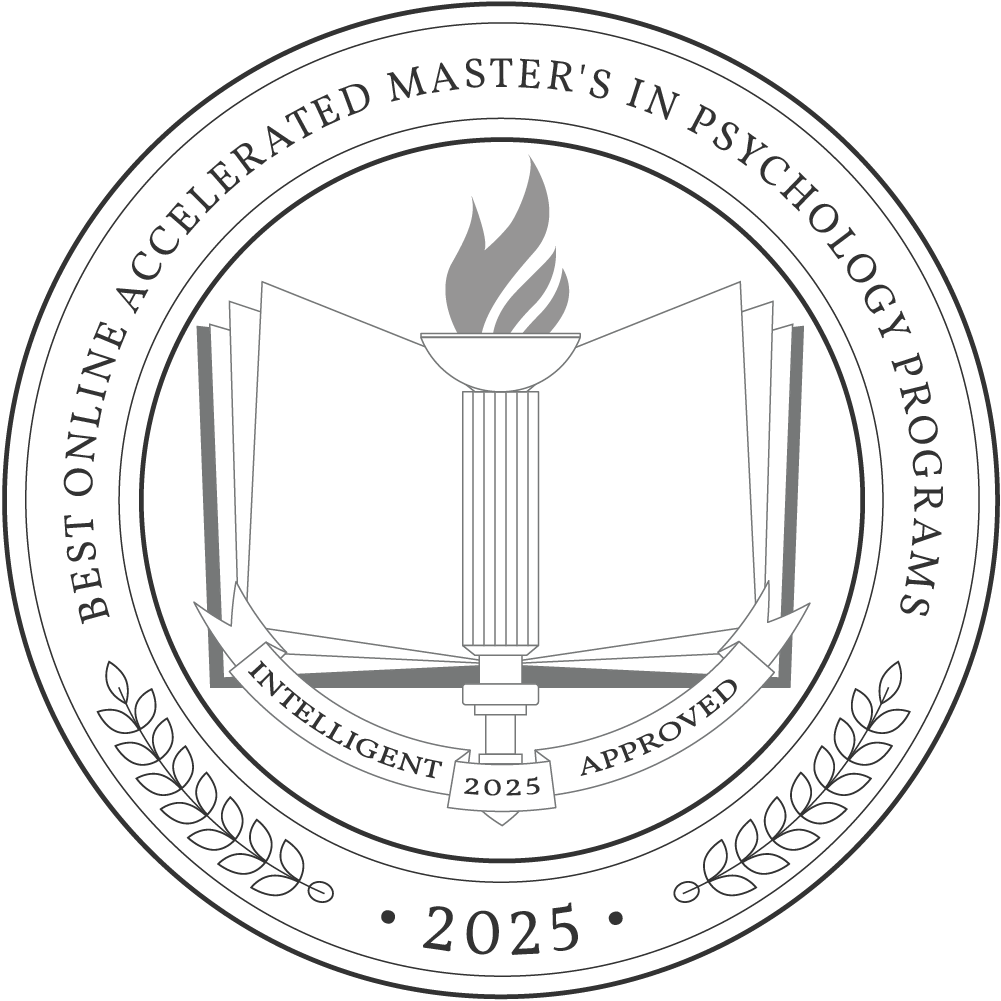For those looking to amplify their bachelor’s degree with a master’s to become a licensed psychologist quickly, these online accelerated master’s in psychology degree programs are the perfect starting point.
These programs prepare graduates for various rewarding careers, including practicing psychologists in clinical, industrial-organizational, forensic, counseling, and school settings. In 2023, clinical psychologists earned a median salary of $96,100, while industrial-organizational psychologists made $147,420. Other related careers, such as forensic, counseling, and school psychologists, saw a median salary of $106,420 in 2022. These programs typically take about a year to complete, offering a fast track to a fulfilling career in psychology.
Why Trust Us
The Intelligent.com Higher Education Team is dedicated to providing students with independent, equitable school and program rankings and well-researched resources. Our expert-driven articles cover topics related to online colleges and programs, paying for school, and career outlooks. We use data from the U.S. Department of Education’s College Scorecard, the National Center for Education Statistics, and other reputable educational and professional organizations. Our academic advisory team reviews content and verifies accuracy throughout the year for the most current information. Partnerships do not influence rankings or editorial decisions.
- Analyzed over 2,000 national, accredited, and nonprofit colleges and universities
- 800+ rankings pages are reviewed and updated yearly
- Content is informed by reputable sources, surveys, and interviews with academic advisors and other experts
- Over 100 data points are reviewed for accuracy and quality throughout the year, including sources
How we rank schools
Our list features the best online Psychology degree programs at top colleges nationwide. Each school featured is a nonprofit, accredited institution — either public or private — with a high standard of academic quality for post-secondary institutions.
We evaluated each school’s program on tuition costs, admission, retention and graduation rates, faculty, reputation, and the student resources provided for online students. We collected data from trusted sources like the National Center for Education Statistics, individual school and program websites, school admissions counselors, and other data sources. Then, we calculated the Intelligent Score on a scale of 0 to 100 based on the following criterion:
Academic Quality:
- Admission rate versus enrollment rate
- Retention rate of students who return after year one
- Accreditation status (regional and programmatic)
- Nonprofit status, both private and public institutions
Graduation Rate
- Overall graduation rate
- Total number of currently enrolled students, including diversity metrics
- Student-to-faculty ratio
Cost and ROI
- In-state and out-of-state per-credit tuition rates and fees
- Required credits to graduate
- Earning potential after graduation
- Availability of federal student loans, scholarships, and other financial aid options
Student Resources
- Available student services for online-only and hybrid programs
- On-campus amenities like tutoring centers and the number of libraries
Read more about our ranking methodology.
Best 30 Accelerated Online Master’s in Psychology Programs
FiltersInstitution Type
Status
- Intelligent Score
- Alphabetically By University Name
- Acceptance Rate
- Enrollment
- In-state Graduate Tuition
- Out-of-state Graduate Tuition
- In-state Undergraduate Tuition
- Out-of-state Undergraduate Tuition

Ball State University
Intelligent Score: 99.52In-state: $9,482
Out-of-state: $26,470
In-state: $9,328
Out-of-state: $9,328
SAT: N/A
ACT: N/A
In-State: $464
Out-of-State: $696
Online
Higher Learning Commission
30

University of Northern Colorado
Intelligent Score: 97.56In-state: $7,596
Out-of-state: $19,854
In-state: $10,867
Out-of-state: $10,867
SAT: 980-1200
ACT: 19-26
$636
Online
Higher Learning Commission
30
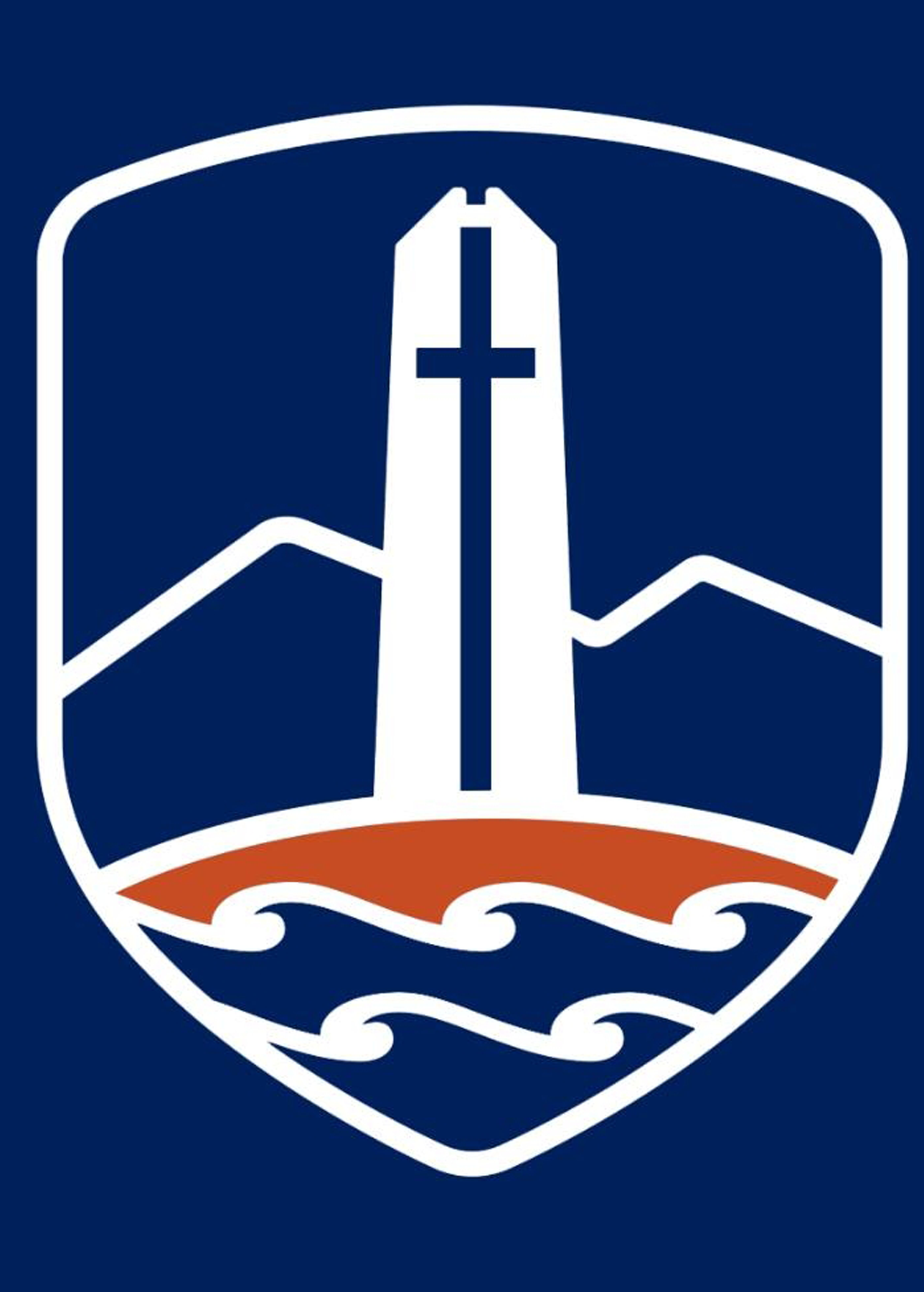
Pepperdine University
Intelligent Score: 97.41In-state: $57,750
Out-of-state: $57,750
In-state: $36,200
Out-of-state: $36,200
SAT: 1200-1410
ACT: 26-31
$1,945
Online, On-Campus
Western Association of Schools and Colleges Senior College and University Commission
36-48

University of Southern California
Intelligent Score: 96.82In-state: $59,260
Out-of-state: $59,260
In-state: $47,880
Out-of-state: $47,880
SAT: 1340-1530
ACT: 30-34
$2,354
Online
Western Association of Schools and Colleges Senior College and University Commission
34
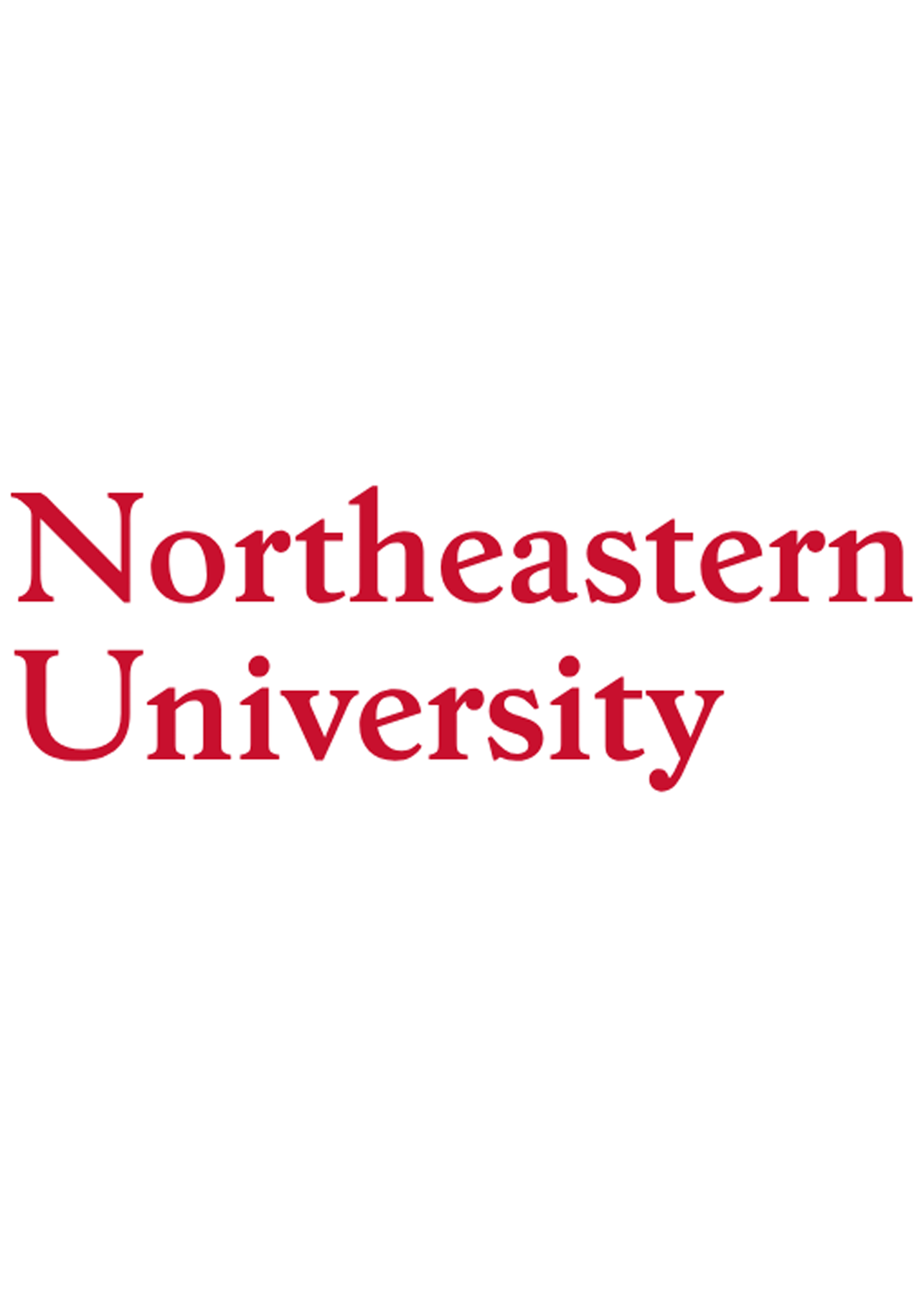
Northeastern University
Intelligent Score: 95.49In-state: $54,360
Out-of-state: $54,360
In-state: $25,264
Out-of-state: $25,264
SAT: 1410-1540
ACT: 33-35
$1,000
Online
New England Commission of Higher Education
30

Arizona State University
Intelligent Score: 93.84In-state: $10,710
Out-of-state: $28,800
In-state: $11,720
Out-of-state: $11,720
SAT: 1100-1320
ACT: 21-28
$576
Online
Higher Learning Commission
36
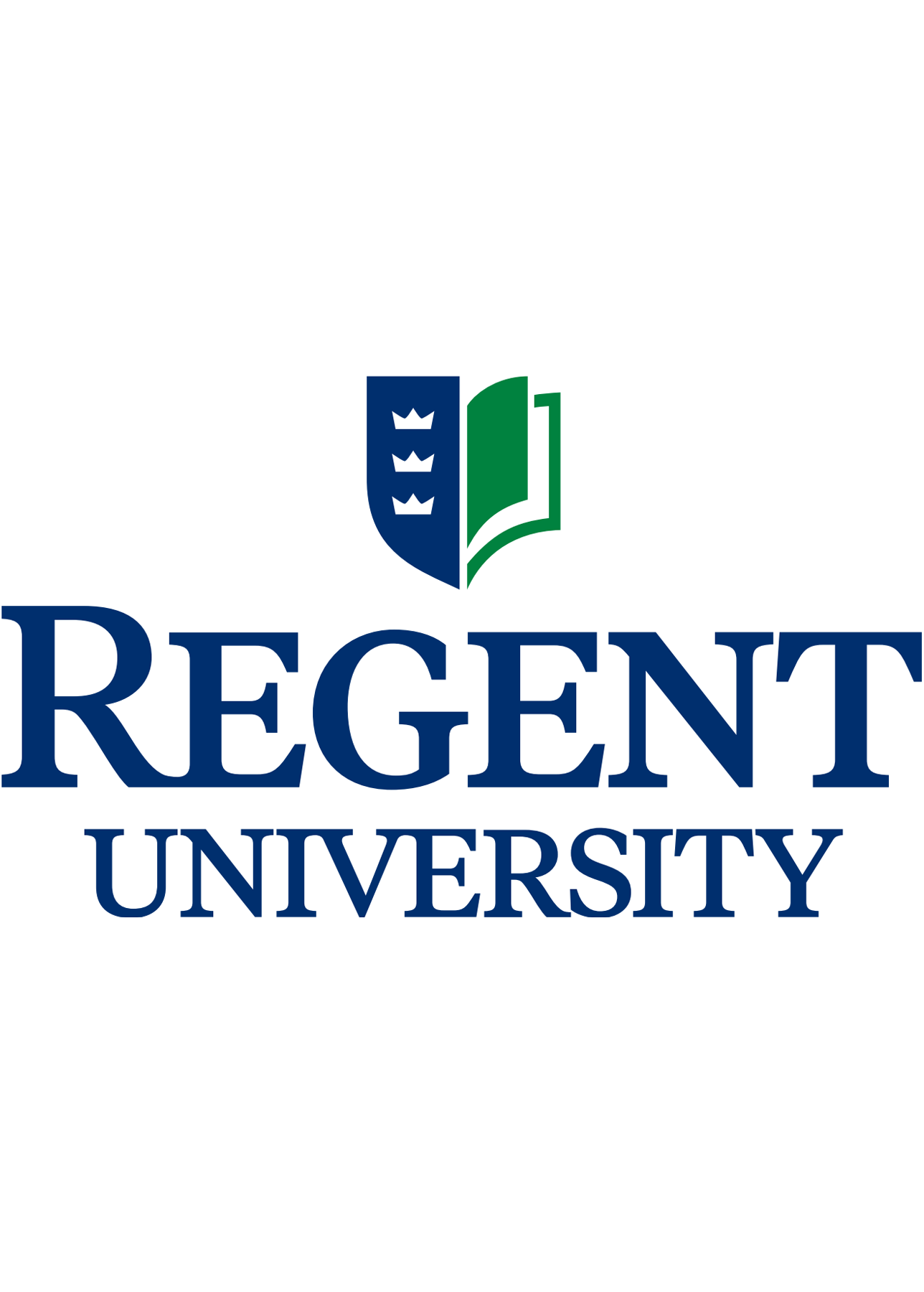
Regent University
Intelligent Score: 92.74In-state: $17,220
Out-of-state: $17,220
In-state: $15,552
Out-of-state: $15,552
SAT: 940-1220
ACT: 21-29
$695
Online
Southern Association of Colleges and Schools Commission on Colleges
39
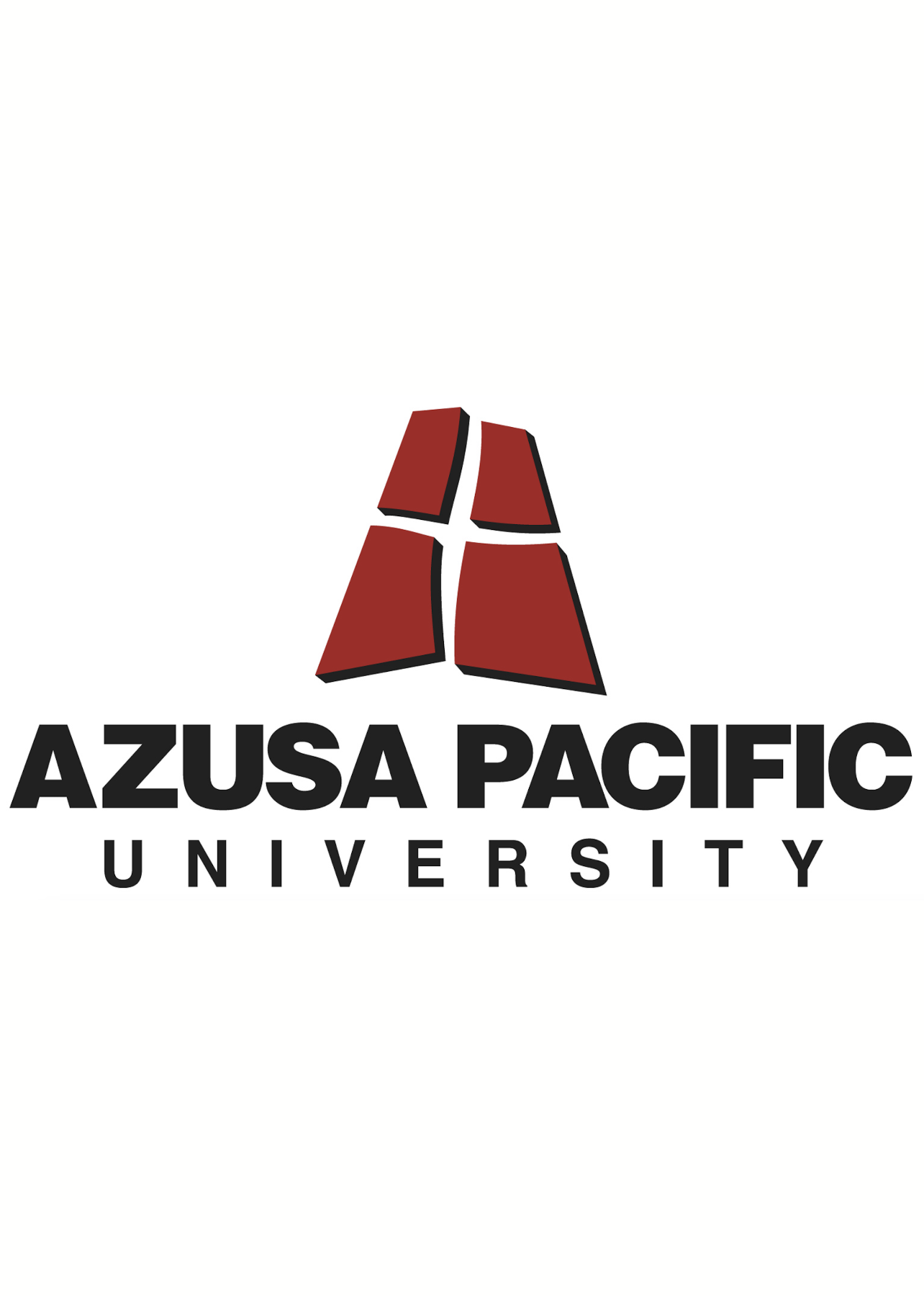
Azusa Pacific University
Intelligent Score: 91.51In-state: $40,830
Out-of-state: $40,830
In-state: $16,571
Out-of-state: $16,571
SAT: N/A
ACT: N/A
$680
Online, On-Campus
Western Association of Schools and Colleges Senior College and University Commission
41

Auburn University at Montgomery
Intelligent Score: 89.99In-state: $10,080
Out-of-state: $30,240
In-state: $10,080
Out-of-state: $10,080
SAT: 1160-1320
ACT: 25-31
In-State: $465
Out-of-State: $511
Online
Southern Association of Colleges and Schools Commission on Colleges
30

Angelo State University
Intelligent Score: 88.67In-state: $4,412
Out-of-state: $14,228
In-state: $4,119
Out-of-state: $4,119
SAT: 920-1120
ACT: 17-23
In-State: $232
Out-of-State: $642
Online
Southern Association of Colleges and Schools Commission on Colleges
30

National University
Intelligent Score: 88.45In-state: $13,320
Out-of-state: $13,320
In-state: $15,480
Out-of-state: $15,480
SAT: N/A
ACT: N/A
$856
Online
Western Association of Schools and Colleges Senior College and University Commission
30

University of Hartford
Intelligent Score: 87.86In-state: $40,490
Out-of-state: $40,490
In-state: $14,292
Out-of-state: $14,292
SAT: 1020-1210
ACT: 22-29
$748
Online
New England Commission of Higher Education
36

The Chicago School
Intelligent Score: 87.49In-state: $46,796
Out-of-state: $46,796
In-state: $50,636
Out-of-state: $50,636
SAT: Not Required
ACT: Not Required
$1,409
Online
Western Association of Schools and Colleges Senior College and University Commission
30

Liberty University
Intelligent Score: 87.18In-state: $14,791
Out-of-state: $14,791
In-state: $7,935
Out-of-state: $7,935
SAT: 1040-1250
ACT: 21-29
$565
Online
Southern Association of Colleges and Schools Commission on Colleges
36
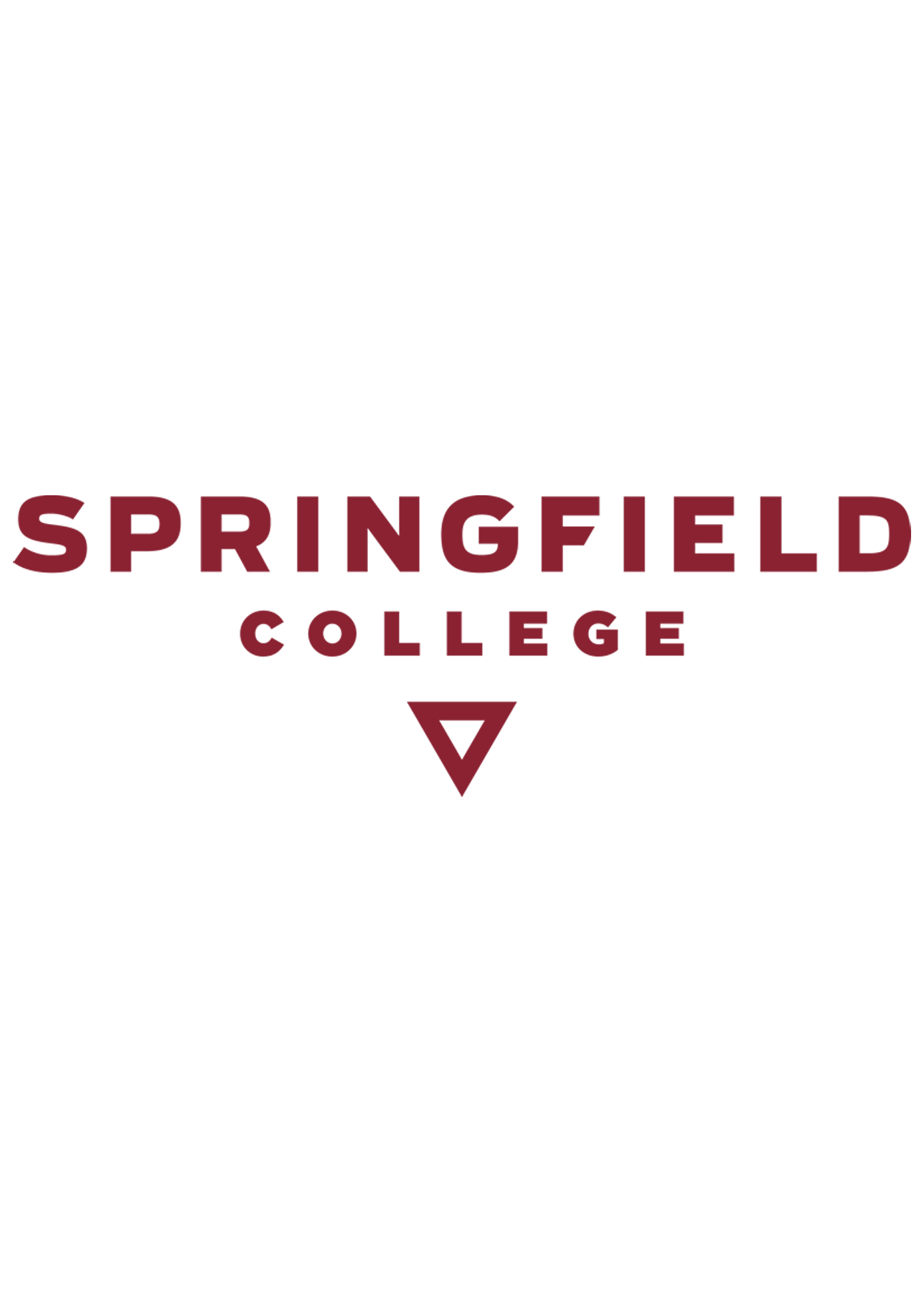
Springfield College
Intelligent Score: 85.76In-state: $39,170
Out-of-state: $39,170
In-state: $33,150
Out-of-state: $33,150
SAT: 1200-1300
ACT: 21-27
$745
Online
New England Commission of Higher Education
36

Indiana Wesleyan University
Intelligent Score: 85.72In-state: $28,184
Out-of-state: $28,184
In-state: $13,512
Out-of-state: $13,512
SAT: 1010-1200
ACT: 21-27
$499
Online
Higher Learning Commission
30

Adler University
Intelligent Score: 85.29In-state: $16,740
Out-of-state: $16,740
In-state: $41,930
Out-of-state: $41,930
SAT: Not Required
ACT: Not Required
$972
Online
Higher Learning Commission
36
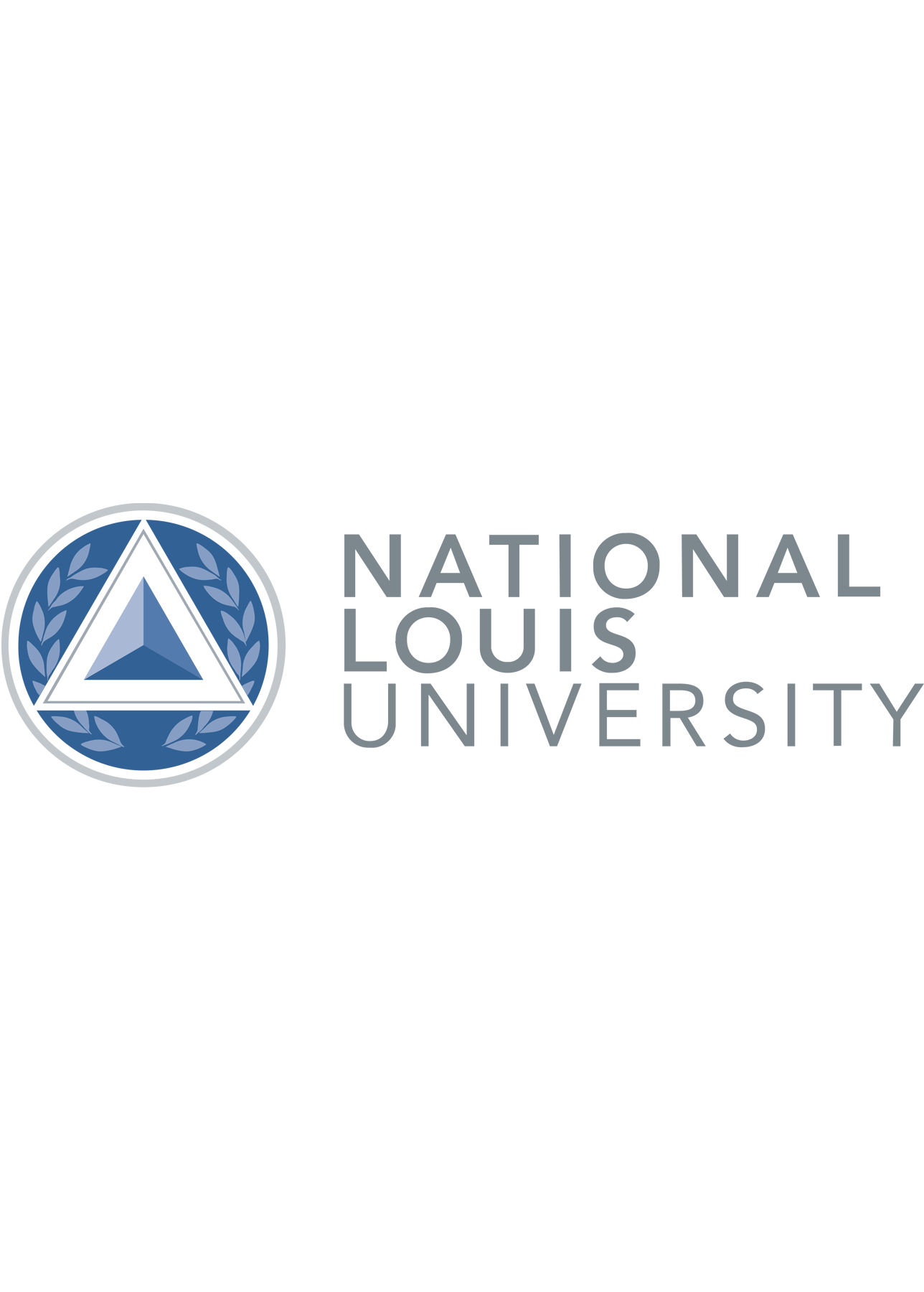
National Louis University
Intelligent Score: 85.11In-state: $13,419
Out-of-state: $13,419
In-state: $11,646
Out-of-state: $11,646
SAT: N/A
ACT: N/A
$790
Online, On-Campus
Higher Learning Commission
36
How to Choose an Online Accelerated Master’s in Psychology Program
Choose your area of study
In many ways, psychology is already a niche subject — but you can further align your education with your career goals and improve your competitiveness in the job market by choosing an area of study. Consider asking yourself questions like:
- What population do I want to work with?
- Which psychological issues am I passionate about?
- What setting do I want to work with?
This will help you narrow down which field you’re more drawn to. For example, students wanting to focus on diagnosing and treating mental health disorders will excel in clinical psychology, while those seeking to utilize their skill set to improve workplace environments will thrive in industrial-organizational psychology. Additional specialization options may include counseling, school, or forensic psychology, depending on the program.
Research schools and programs
With a clear specialization in mind, you can better research schools and programs by asking the following questions:
- What are the specific curriculum and specialization options?
- What are the faculty’s qualifications and research interests?
- What are the program’s graduation and job placement rates?
Most of this information can be found on school websites. Still, many students benefit from reaching out to admissions counselors or contacting alumni and current students on platforms like LinkedIn or Reddit for personal insights.
Prepare for tests and applications
It’s essential to start early and stay organized when preparing for tests and applications. While specific application requirements will vary depending on the program, many share a standard set of criteria:
- Official transcripts from previously attended institutions
- Letters of recommendation
- Personal statement
- Resume or CV
- GRE scores, if required
Many graduate psychology programs require GRE scores. Consider enrolling in a test prep program to boost your performance, ultimately making you a more competitive applicant.
Select your program
If you apply to multiple programs, you may receive multiple acceptance letters. This is an ideal time to revisit your initial research criteria and prioritize what matters most in your educational experience — like curriculum relevance, faculty you’re excited to learn from, and the overall cost of attendance. Be sure to review financial aid offers to ensure you have a good idea of the financial picture involved.
Determine how you’ll pay for your degree
Paying for your degree may feel daunting, but it doesn’t have to be. Start by completing the FAFSA to determine your eligibility for federal aid. Then, explore scholarships, grants, assistantships, and employer tuition reimbursement if you’re eligible. Federal loans can bridge financial gaps, but practicing responsible borrowing is important to avoid a substantial debt burden.
Next, we compared this comprehensive list of online PhD programs to a list of aggregated college rankings from reputable publications like the U.S. News & World Report among others to simplify a student’s college search. We pored through these rankings so students don’t have to.
Online Accelerated Master’s in Psychology Programs That Might Interest You
Learn about start dates, transferring credits, availability of financial aid, and more by contacting the universities below.
What Can You Expect From an Online Accelerated Master’s in Psychology Program?
By enrolling in an online accelerated master’s in psychology program, you’ll participate in a rigorous, comprehensive curriculum designed to be completed in as little as one year.
These programs cover core psychological theories, research methods, and applied psychology in clinical, counseling, and organizational psychology. As a student, you’ll engage in advanced statistics, cognitive behavior therapy, developmental psychology, and ethics coursework.
The accelerated format means a more intensive study schedule, often with multiple modules per term. A key component of these programs is the thesis requirement, which involves original research and demonstrates intellectual mastery of your subject.
Potential courses you’ll take in an online accelerated master’s in psychology program
- Cognitive Behavioral Therapy (CBT): Frequently considered a core requirement, this course focuses on the principles and techniques of CBT, a widely used therapeutic approach. Students will explore applying CBT strategies to treat psychological disorders and develop practical skills through case studies and role-playing exercises.
- Developmental Psychology: This fundamental course examines human development from infancy through adulthood. Learners study vital theories and research findings related to cognitive, emotional, and social development, gaining insights into how people change and grow over time.
- Ethics in Psychology: Here, students will explore the ethical standards and legal issues in psychological practice and research. The course covers topics like confidentiality, informed consent, and professional conduct, preparing students to navigate ethical dilemmas in their professional careers.
What Can I Do With a Master’s in Psychology Degree?
The career outlook for psychologists is promising, with salaries consistently exceeding the national median and strong job stability. The demand for psychologists is expected to grow steadily over the next ten years, driven by increased awareness of mental health issues and the need for qualified professionals in different settings.
Career outlook
- Clinical Psychologist — A popular career path for many graduates with this degree, clinical psychologists assess, diagnose, and treat mental health disorders, emotional issues, and behavioral problems through therapeutic techniques.
- Median annual salary: $96,100
- Projected employment growth (through 2032): 6%
- New jobs projected: 12,800
- Industrial-Organizational Psychologist — Individuals in this role apply psychological principles to workplace environments to improve employee performance, satisfaction, and overall organizational effectiveness.
- Median annual salary: $147,420
- Projected employment growth (through 2032): 6%
- New jobs projected: 12,800
- School Psychologist — As a school psychologist, you’ll collaborate with educators and parents to support students’ academic and emotional development within educational settings.
- Median annual salary: $84,940
- Projected employment growth (through 2032): 1%
- New jobs projected: 800
Online Accelerated Master’s in Psychology Degree Program Frequently Asked Questions
How do accelerated degree programs work?
Accelerated degree programs allow students to complete their education in a shorter timeframe by condensing coursework into a more intensive schedule. Learners engage in fast-paced classes, often taking multiple modules simultaneously, and complete a thesis project.
The format is ideal for those seeking to advance their careers quickly while balancing other commitments. Each accelerated master’s in psychology program has its own set of policies for students, so you’ll need to thoroughly research all of the options you’re considering in order to determine exactly what each program entails.
These programs generally use one of two methods to enable students to earn their master’s degree faster: condensed schedules or dual enrollment.
- Condensed schedules: Accelerated master’s programs with condensed schedules offer relatively short courses compared to standard master’s programs. For example, while college semesters are typically 15 to 17 weeks long, condensed courses tend to be around eight weeks (some are as short as four weeks).
- Dual enrollment: This format for accelerated master’s programs, also known as bachelor’s/master’s or 4+1 programs, allows undergraduate students to take graduate-level courses while they are still working on their bachelor’s. Then, once students make it to graduate school and start working on their master’s, they’ll have fewer courses to complete to earn their degree.
How long does it take to earn an online accelerated master's in psychology degree?
Earning this degree typically takes about one year, compared to the two to three years required for traditional programs. However, it’s important to double-check the number of credits required for graduation, as this can vary by program and impact your timeline.
How much does an online accelerated master's in psychology degree cost?
The cost of these programs varies by institution, with the average graduate tuition being $20,513 per year. Beyond tuition, you’ll also want to budget for additional expenses like technology fees, library fees, course materials, and textbooks, which are common in online learning.
